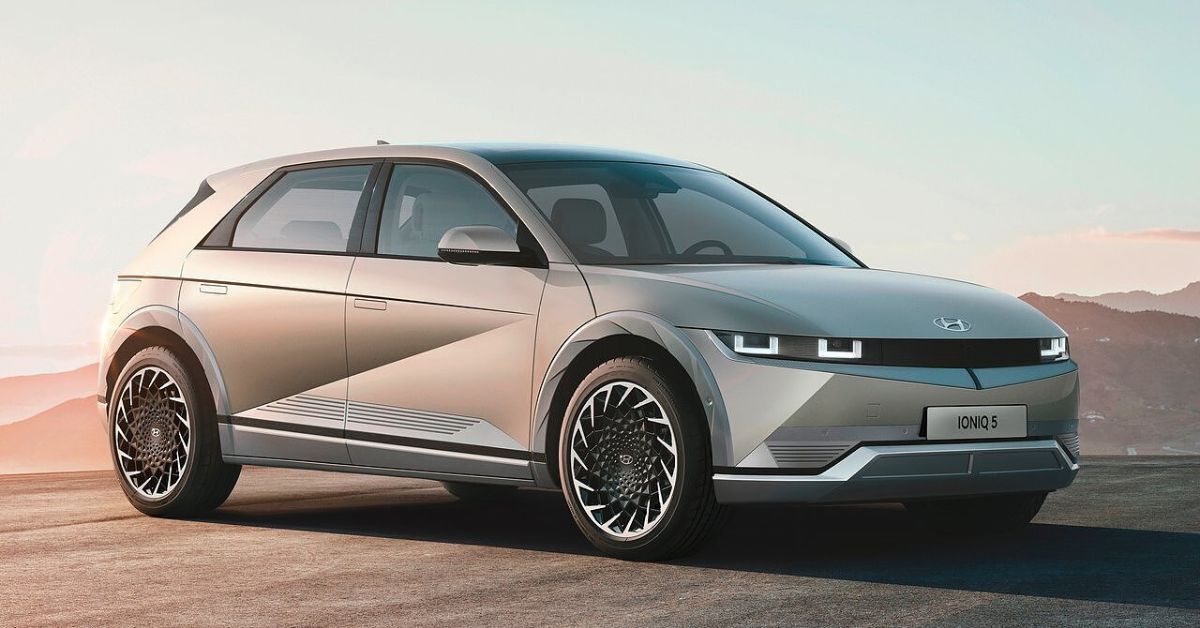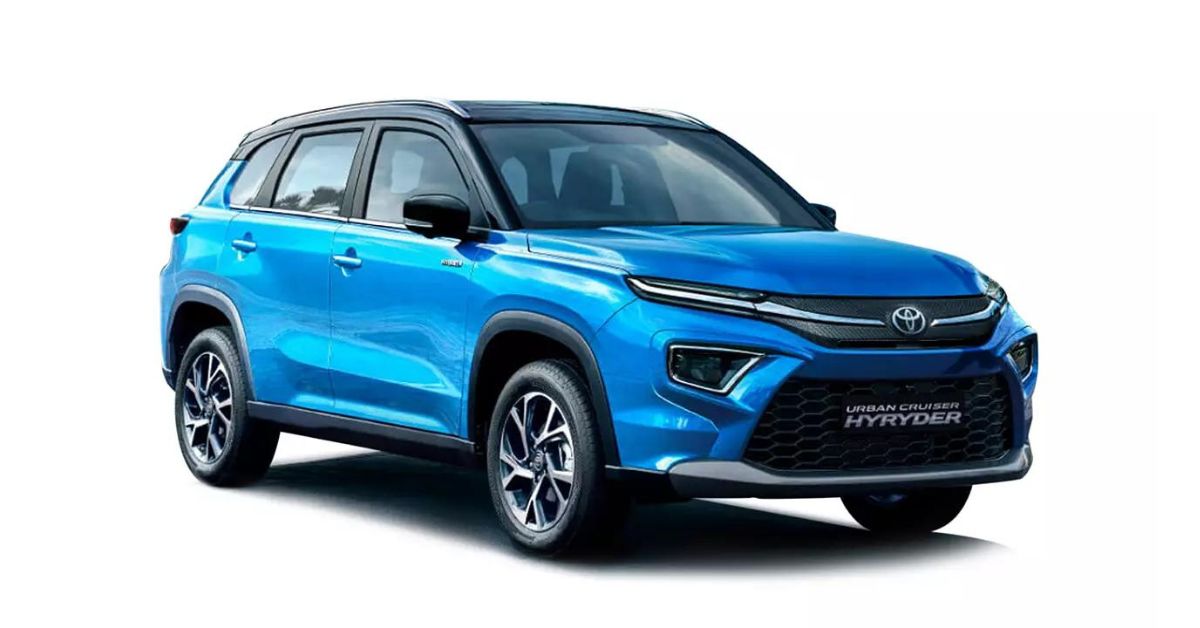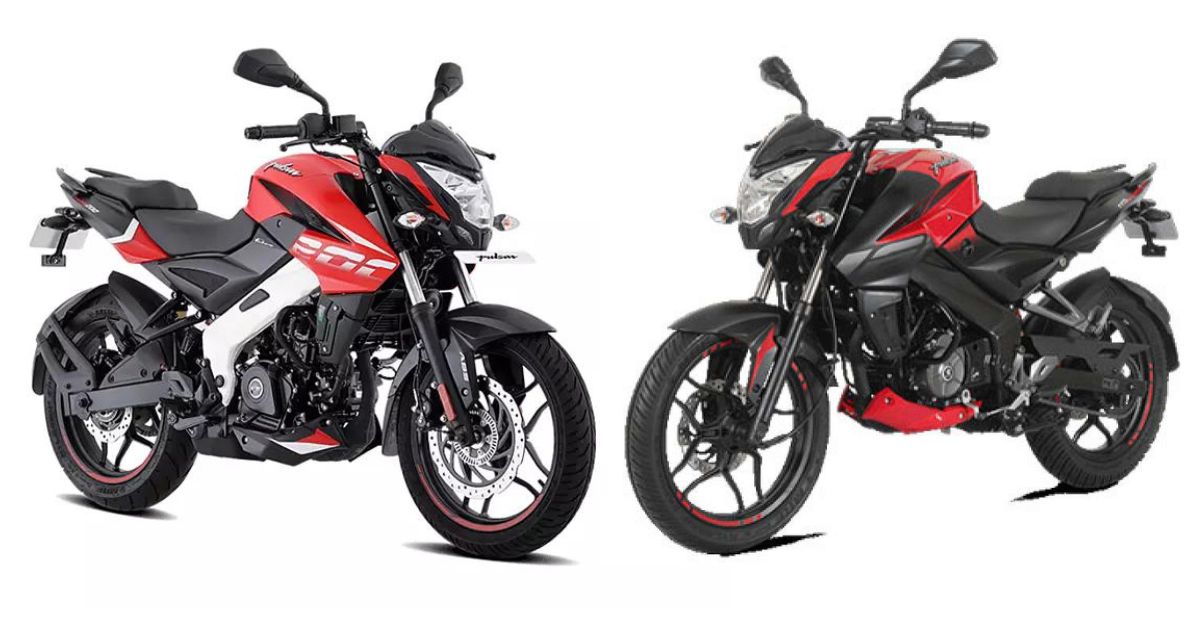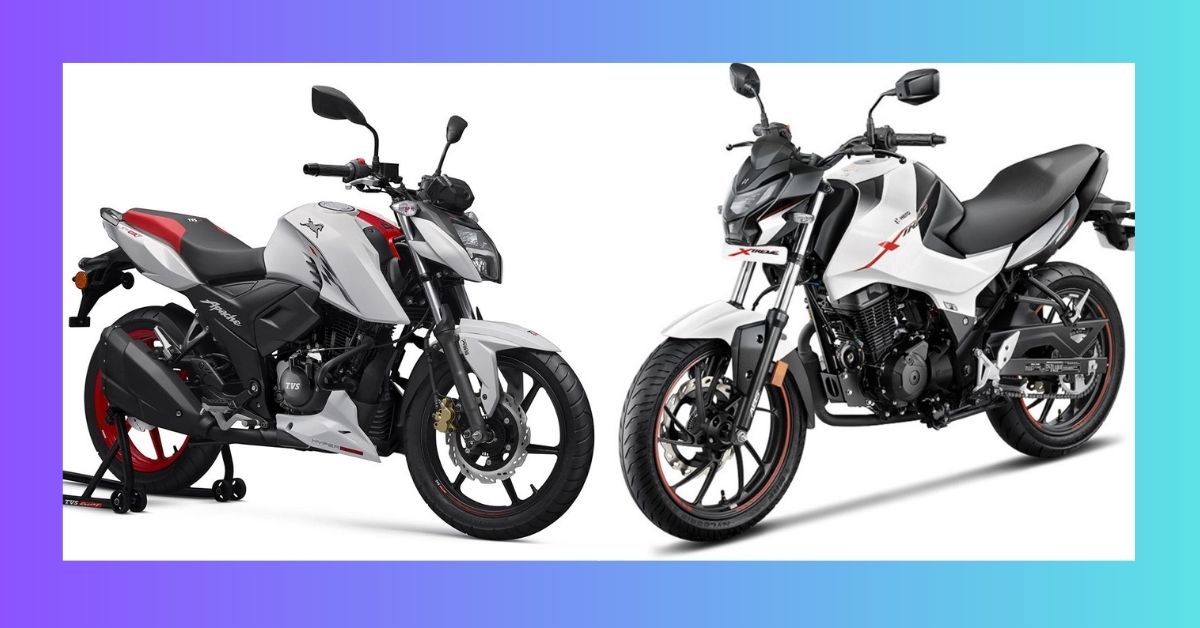Nissan Leaf spied on test along with Nissan Note e-Power in India
The automotive industry is witnessing a global shift towards electric vehicles (EVs) as countries strive to reduce carbon emissions and embrace sustainable transportation solutions. In India, this transition is gaining momentum as evidenced by the recent sighting of the highly anticipated Nissan Leaf and Nissan Note e-Power on test in the country. These sightings provide a glimpse into Nissan's commitment to bringing electric mobility to India and signify a promising future for EV adoption in the Indian market.
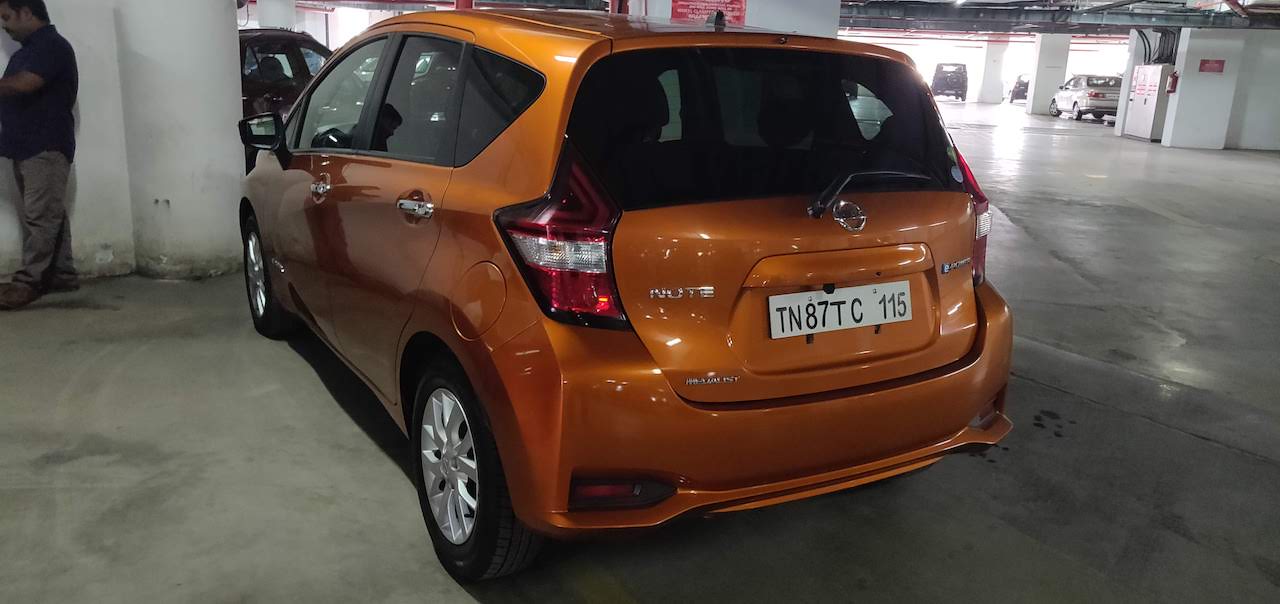
The Nissan Leaf: A Revolutionary Electric Car
The Nissan Leaf is one of the world's best-selling electric cars and has played a pivotal role in popularizing EVs globally. Its sighting on Indian roads indicates Nissan's intentions to introduce this groundbreaking model in the Indian market. The Leaf boasts a sleek and aerodynamic design, offering a balance of efficiency and aesthetics. With its range of advanced features, the Leaf has garnered accolades for its performance, safety, and environmental credentials.
The Leaf's electric drivetrain delivers smooth and silent acceleration, making it a delight to drive in urban environments. It offers a substantial range, allowing for convenient long-distance travel, while its regenerative braking system maximizes energy efficiency. Moreover, the Leaf's battery can be charged at home or at public charging stations, providing ease and flexibility to EV owners.
In terms of safety, the Leaf incorporates Nissan's Intelligent Mobility technology, which includes features like intelligent emergency braking, blind-spot warning, and intelligent lane intervention. These advanced safety systems enhance the overall driving experience and contribute to a safer road environment.
The Nissan Note e-Power: Combining Electric and Conventional Power
Alongside the Nissan Leaf, the sighting of the Nissan Note e-Power in India showcases Nissan's commitment to offering a diverse range of electric options to suit different consumer needs. The Note e-Power is a unique hybrid vehicle that combines the benefits of an electric powertrain with the convenience of a conventional internal combustion engine.
The Note e-Power features an electric motor that propels the vehicle, while a small gasoline engine charges the battery when necessary, eliminating the need for external charging. This series-hybrid system provides the advantages of an electric vehicle, such as instant torque and low emissions, while offering the convenience of refueling at petrol stations.
With its spacious interior and versatile design, the Note e-Power offers a practical solution for urban mobility. The compact size makes it maneuverable in congested city streets, while its efficient powertrain ensures a smooth and responsive driving experience. Additionally, the Note e-Power boasts advanced safety features, including intelligent cruise control and intelligent around-view monitor, further enhancing its appeal to safety-conscious buyers.
Conclusion
The recent sighting of the Nissan Leaf and Nissan Note e-Power on test in India signals a significant step forward for electric mobility in the country. As India aims to adopt cleaner and sustainable transportation solutions, the introduction of these innovative electric vehicles by Nissan is commendable. The Leaf's proven success globally and the Note e-Power's hybrid technology offer Indian consumers a range of options to embrace the benefits of electric mobility. With increasing investment and government support, the future of electric vehicles in India looks promising, and Nissan's commitment to this transition is a testament to the growing demand for cleaner and greener transportation.


